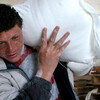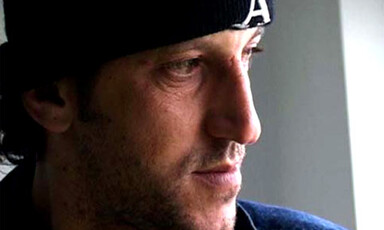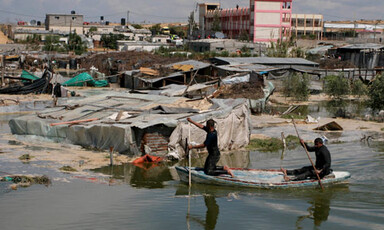
State of insecurity escalates; BBC's Johnston remains kidnapped
10 April 2007
The state of insecurity saw a serious escalation recently as the mysterious kidnapping of British journalist, Alan Johnston, continues despite the condemnations and pressure exerted by fellow journalists and civil society activists. Killings, kidnappings and other breaches of the law continued in Gaza. According to Al Mezan’s documentation in Gaza, 152 persons have been killed since the beginning of 2007; among them are ten children. Four have been killed during the first ten days of April. Additionally, 988 persons were wounded; among whom are 68 children. Read more about State of insecurity escalates; BBC's Johnston remains kidnapped








